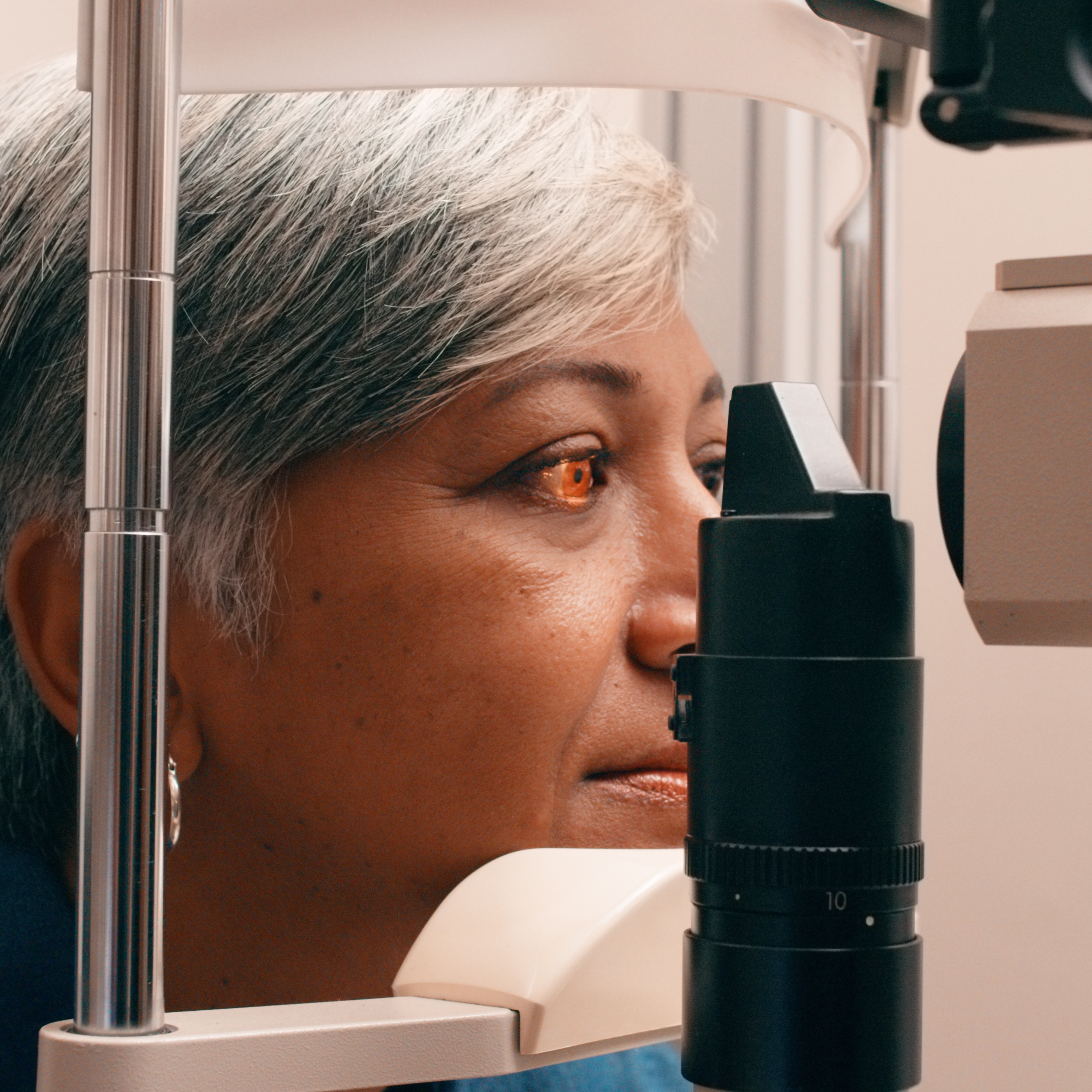Diabetic Retinopathy

Diabetes is a condition that impacts blood vessels all over the body, with a specific focus on vessels in the kidneys and eyes. When diabetes affects the blood vessels in the eyes, it is known as diabetic retinopathy.
The retina, located at the back of the eye, plays a crucial role in detecting and transmitting visual images to the brain. The front portion of the retina is filled with significant blood vessels. In cases of diabetes, these blood vessels can suffer damage, leading to the leakage of fluid or blood and the formation of scar tissue. This leakage impairs the retina’s ability to detect and transmit images effectively.
During the early stages of diabetic retinopathy, vision is typically not affected. However, as the condition advances, new blood vessels develop in the retina as the body responds to damaged vessels caused by diabetes. These new vessels, although abnormal, attempt to replace the damaged ones. Unfortunately, they can bleed, causing blurred vision and in some cases, complete vision loss.
Abnormal blood vessel growth on the iris may lead to glaucoma and diabetic retinopathy can also contribute to the formation of cataracts in the eyes. Furthermore, these new vessels may lead to retinal damage, forming scar tissue and pulling the retina out of its proper position. This condition, known as retinal detachment, can result in blindness if not treated promptly.
Symptoms
- There are usually no symptoms in the early stages
- Floaters or double vision
- Difficulty reading or doing work that requires close focus
Causes
- High blood sugar levels and blood pressure
- Uncontrolled blood sugar levels
- High cholesterol levels
- The longer someone has diabetes, the greater their risk of
- developing complications. Typically this condition doesn’t manifest until an individual has been diabetic for a minimum of 10 years.
Reducing Your Risk
- Keeping your blood sugar under control
- Monitoring your blood pressure
- Maintaining a healthy diet
- Exercising regularly
- Getting an eye exam at least once a year
Studies have shown that detecting eye complications related to diabetes early, can result in prompt treatment, leading to improved outcomes.
We care about your eyes, and we understand there’s a lot to managing diabetes. If you need assistance with diabetic management, talk to your provider about additional resources or any further questions you may have. Routine eye exams can also be scheduled through our Ophthalmology Department. Click here to learn more.
Kimberly Markham
Quality Improvement Department
Medical Associates Health Plans